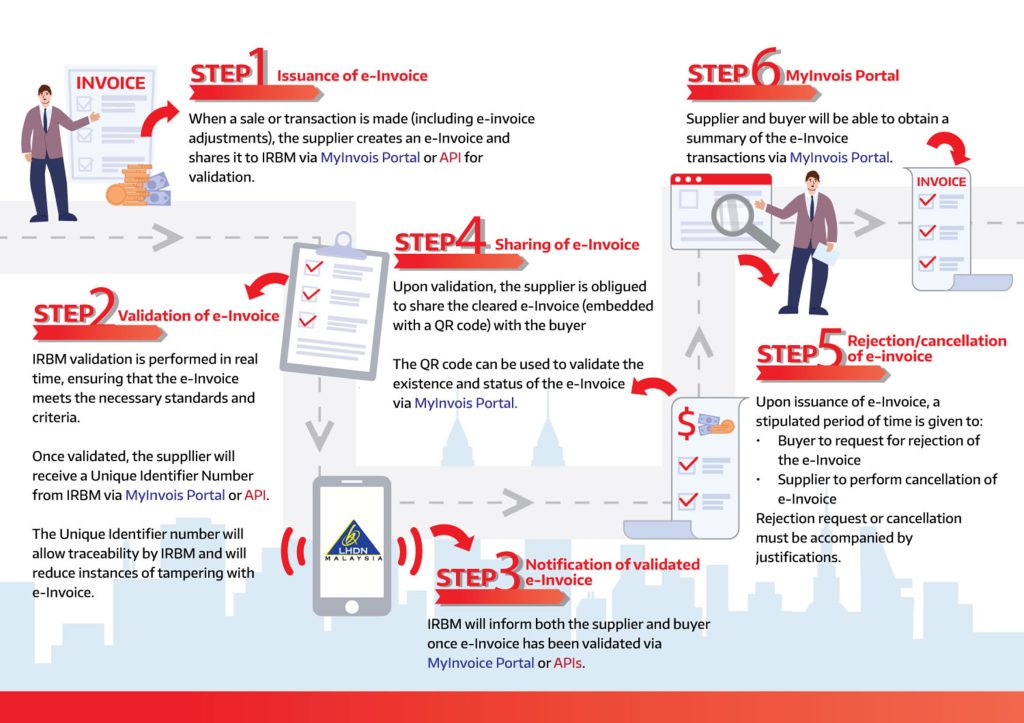PM unveils short-term recovery plan, 09 June 2020
Prime Minister Tan Sri Muhyiddin Yassin on 5 June 2020 announced a series of measures for the Short-Term Economic Recovery Plan aimed at alleviating the effects of the COVID-19 pandemic. Finance Minister Tengku Datuk Seri Zafrul Abdul Aziz stated that the plan would focus on three key objectives, namely empowering people, propelling businesses and stimulating the economy.
The Short-Term Economic Recovery Plan is the fourth of the six-phase 6R approach, which are Resolve, Resilience, Restart, Recovery, Revitalise and Reform.
The highlights of the Prime Minister’s speech are illustrated below:
• The Statistics Department recorded that until 2 June 2020, around 12.7m of the workforce have started working in comparison to only 10.2m on 17 May 2020.
• RM9b has been allocated by the Government to address rising unemployment and it is to benefit over 3m workers nationwide.
• Wage Subsidy Programme which has allocated RM600 per worker is to be extended for another three months.
• Employers who were not allowed to operate during the conditional movement control order (MCO) are allowed to apply for the Wage Subsidy Programme.
• The Pelan Jana Semula Ekonomi Negara, which is a direct fiscal injection, seeks to empower people, propel businesses and stimulate the economy.
• The government packages have so far saved 2.4m jobs, has reduced the cash flow burden of around 10m people and supported more than 300,000 companies.
• Employment subsidy programme worth RM1.5b introduced. Companies to get financial subsidies for giving jobs to the unemployed.
• There are two incentives given to companies for six months, whereby companies that employ unemployed Malaysians under 40 years are eligible to get RM800 per worker and firms that employ Malaysians over 40 years and persons with disabilities (OKU) will get RM1,000.
• The Government plans to introduce My30 unlimited pass for public transport users. It is open to all nationalities, beginning 15 June until the end of 2020.
• Grants are to be given to daycare (taska) operators for implementing and adhering to the standard operating procedures set by the Government.
• E-vouchers will be available for online child-minders’ services.
• Incentives of RM3,000 have been allocated for individual income tax for fees paid by parents to taska and tadika (kindergartens).
• To encourage trade via e-commerce platforms using promo codes and discount vouchers, the Government is allocating RM70m in Campaign Shop Malaysia Online.
• Banking sector allocated RM2b to assist SMEs with a threshold of RM500,000 per SME.
• RM1b allocated for the tourism industry under Penjana Tourism Funding to ensure that the country’s tourism industry can still be competitive.
• G2 and G3 contractors who have been awarded minor government projects are provided cash-flow aid by SME bank.
• Malaysian Global Innovation and Creativity Centre (MaGIC) have been allocated RM10m to fund social enterprises for social projects for vulnerable groups.
• Penjana Nasional fund worth RM600m introduced to drive the process of digitalisation of businesses and innovation.
• RM75m has been allocated to draft policies related to the so-called gig economy.
• The Government allocated RM50m matching grant for gig economy workers’ Employees Provident Fund and Social Security Organisation contribution.
• The Government allocated RM75m to e-wallets, or RM50 per person, where Malaysians can begin applying in July 2020 to encourage cashless payments.
• The Government has provided 100% tax exemption for the purchase of locally assembled cars beginning June until 31 December 2020.
• An additional RM50m has been provided to the Malaysian Investment Development Authority for promotional and marketing activities.
• RM1b allotted for the tourism industry to help related SMEs to operate.
• RM400m microcredit has been provided by Tekun and Bank Simpanan Nasional with RM50m specifically for female entrepreneurs.
• Full exemption of tourism tax from 1 July 2020, until 30 June 2021.
• The exemption provided of services tax on lodgings and accommodation services extended from 1 September 2020 until 30 June 2021.
• Companies’ financial burden has been reduced through the waiver of penalty to companies that are late in submitting payment for Sales and Service Tax as well as an extension of tax exemptions.
Source: The Star, 5 June 2020

